- Accounting for the big international game-changers; the USA’s IRA (Inflation Reduction Act) and the EU’s NZIA (Net Zero Industry Act)
- What is Australia's current position relative to the rest of world? What needs to change to make Australia competitive?
- Defining the incentives that are most impactful in nurturing a paradigm shift in manufacturing
- Reviewing long-term measures to prevent carbon leakage under the reformed Safeguard Mechanism, including options for a Carbon Border Adjustment Mechanism (CBAM)
- Why are more measures needed despite growing global climate action?
- What can we learn from other economies’ policies to prevent carbon leakage?
- Could an Australian carbon border adjustment mechanism be made practical, legal and effective?
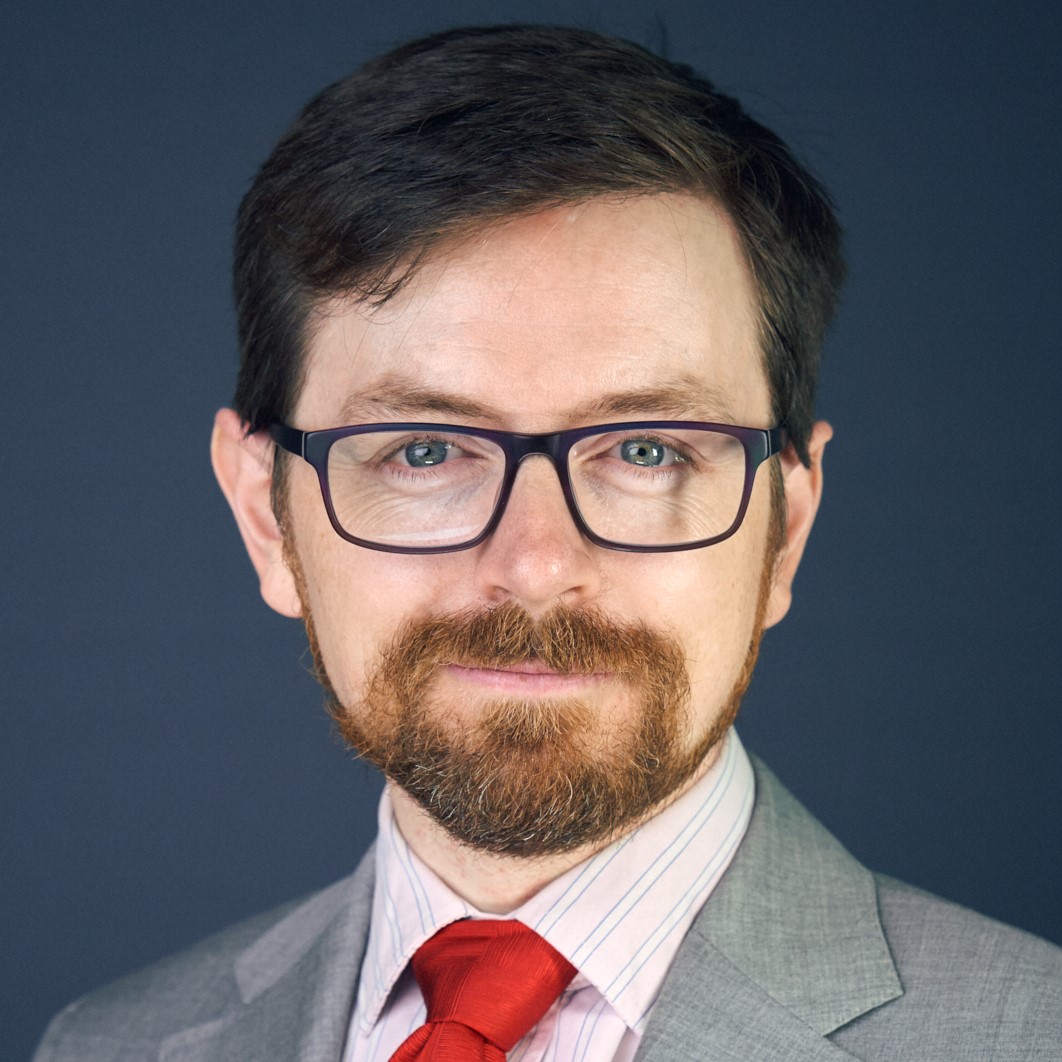 Tennant Reed
Tennant Reed
Director – Climate Change and Energy
Australian Industry Group (Ai Group)
- What is the role of the financial sector in influencing investment and emissions strategies?
- How compatible is the Safeguard Mechanism with decarbonisation timelines?
- Should carbon offsets be treated as the last resort or just another tool in the net zero strategy?
- Who ultimately bears the cost of compliance?
Moderator:
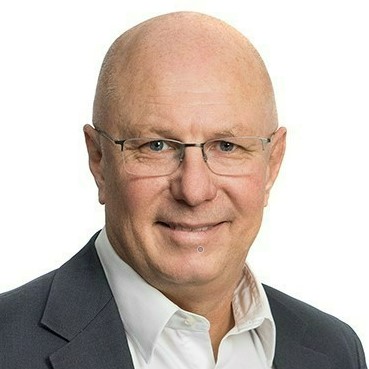 Sam Pearce
Sam Pearce
Partner – Asset Management
QIC Infrastructure
Panellists:
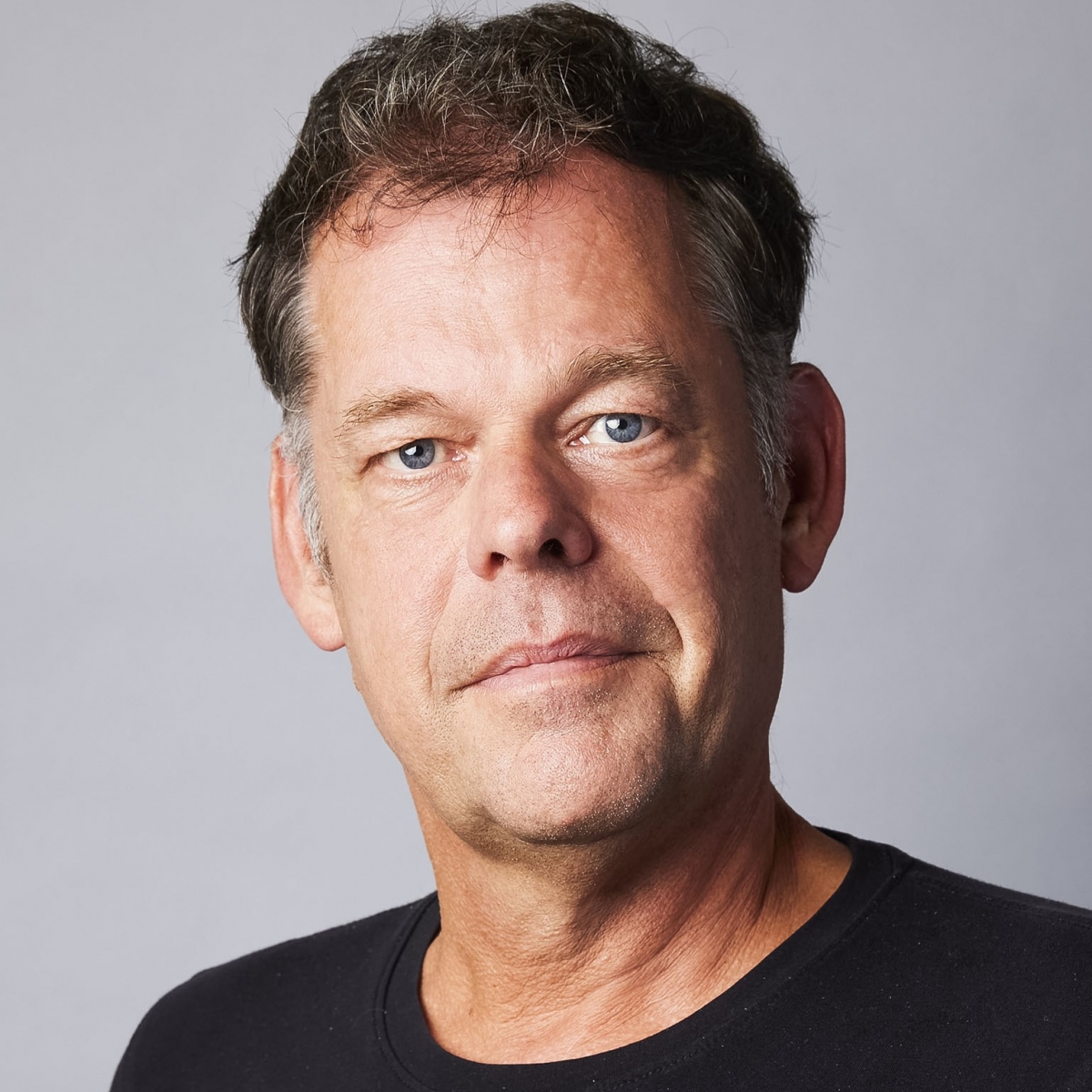 Sven Teske
Sven Teske
Associate Professor, Research Director, Institute for Sustainable Futures
University of Technology Sydney
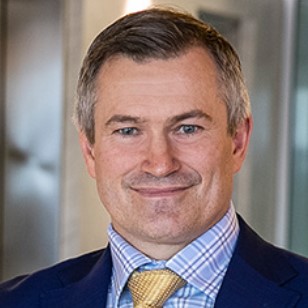 Ian Campbell
Ian Campbell
Head of Sustainability & Corporate Transition
Citi
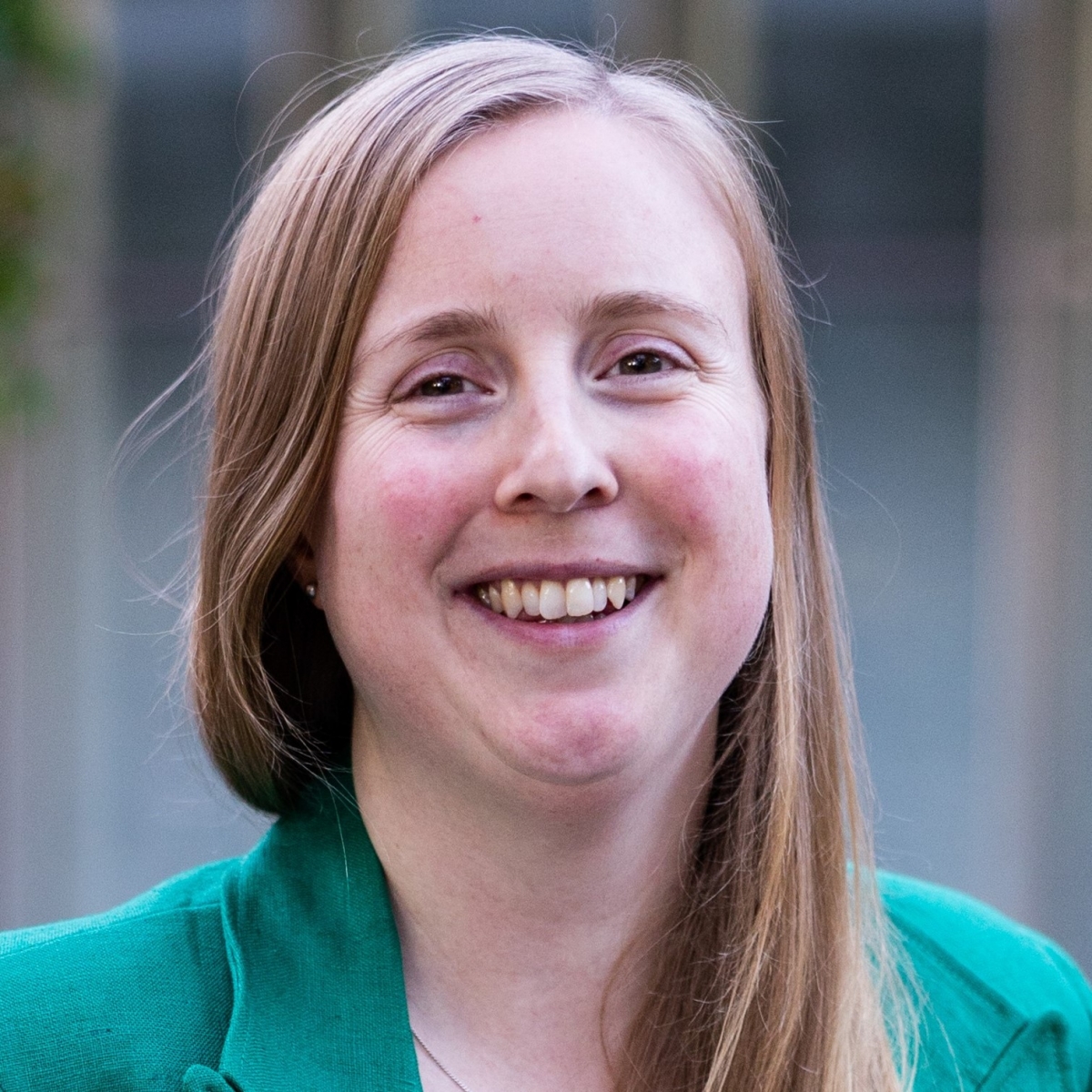 Holly Taylor
Holly Taylor
Head of Strategy and Partnerships
Energy Efficiency Council
- Ensuring that there is adequate, reliable and reasonably priced electricity available for high energy users
- AEMO Services’ role in the energy transition; our tender processes and what we’re hearing from the market (social licence, local content, etc)
- Opportunities and benefits available to project developers and lenders to get involved in the supply of clean electric energy
- Supporting the market to manage risk through a 20-year development pathway
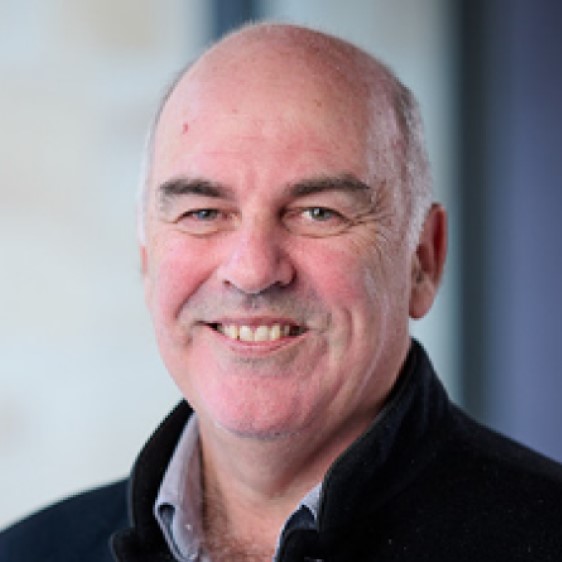 Paul Verschuer
Paul Verschuer
Executive General Manager
AEMO Services
- Analysing what needs to change in order to incentivise and recognise biogas at a net zero option
- Accounting for and crediting renewable gas/heat like LGCs for electricity
- What are the policies and incentives required to get projects off the ground?
- Building a 2.5MW on-site electrolyser
- Retrofitting a calciner so that it can operate with a hydrogen burner
- Demonstrating the viability of hydrogen usage in the calcination process
 Sreeraj Balachandran
Sreeraj Balachandran
Manager Climate Change, Aluminium
Rio Tinto
- How do organisations compare PPAs, retail arrangements linked to generation projects, and behind-the-meter onsite generation?
- What government policy is needed to ensure cost-competitive, low-emissions energy is available?
- What incentives work to encourage a transition to renewable energy?
Moderator:
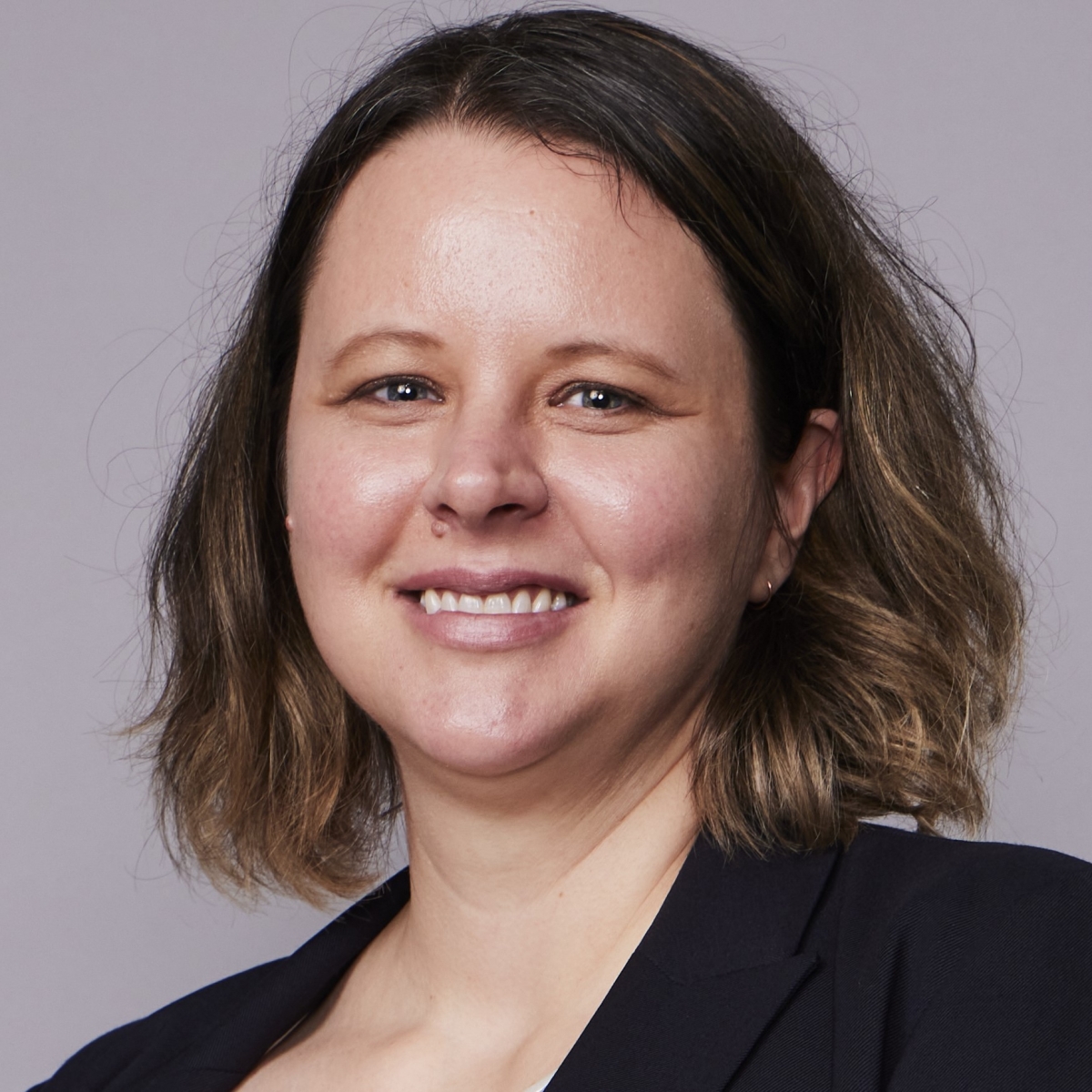 Elizabeth Ratnam
Elizabeth Ratnam
FERL Fellow and Senior Lecturer
Australian National University (ANU)
Panellists:
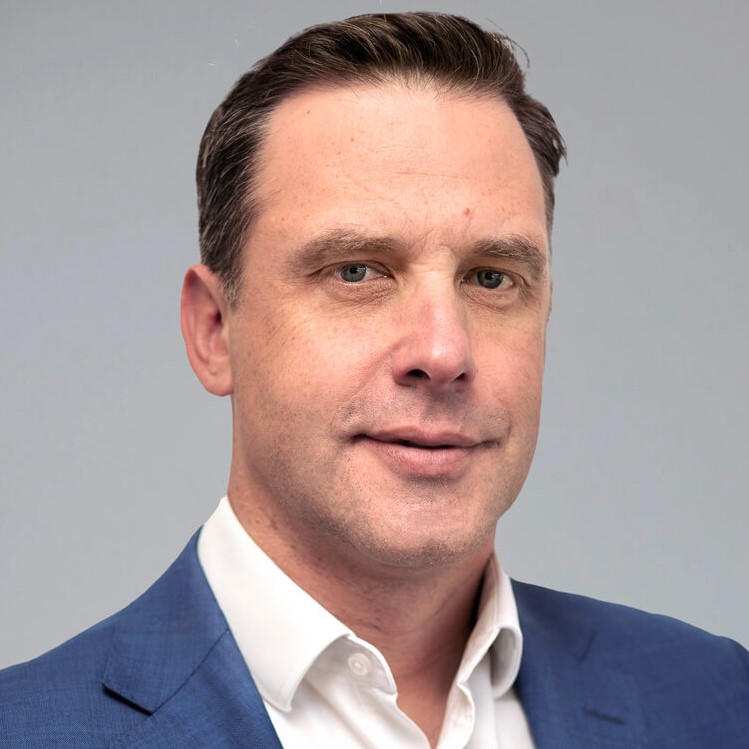 Michael Davis
Michael Davis
Managing Director
Optimal Renewable Gas
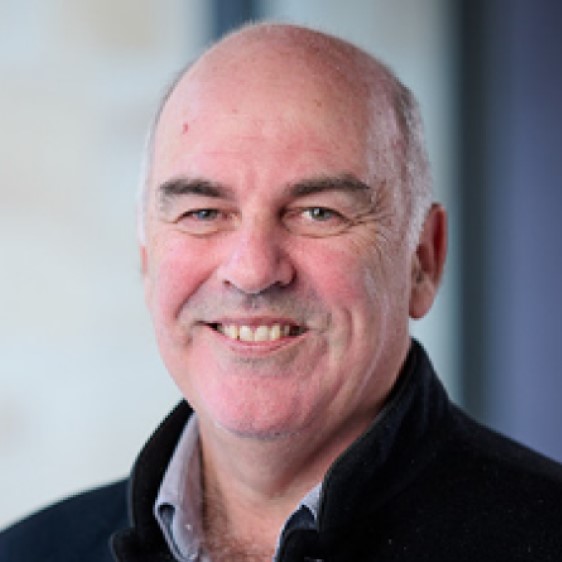
Paul Verschuer
Executive General Manager
AEMO Services
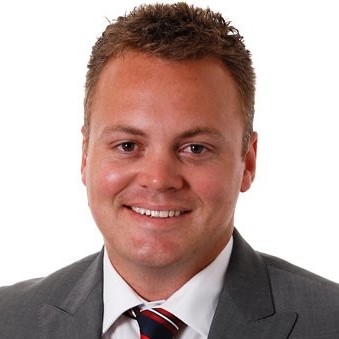 Michael Brooks
Michael Brooks
Manager Energy and Carbon
South32
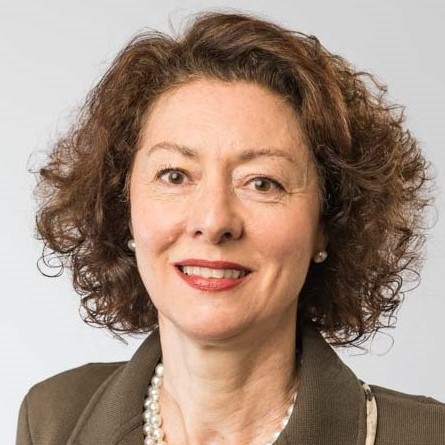 Karen Dobson
Karen Dobson
Managing Director, Australia and New Zealand
Dow
- Planning for the orderly retirement of a coal-fired power station
- Developing leading employee support programs based on worker’s preferred future pathway
- Optimising industrial sites for net zero industrial reuse
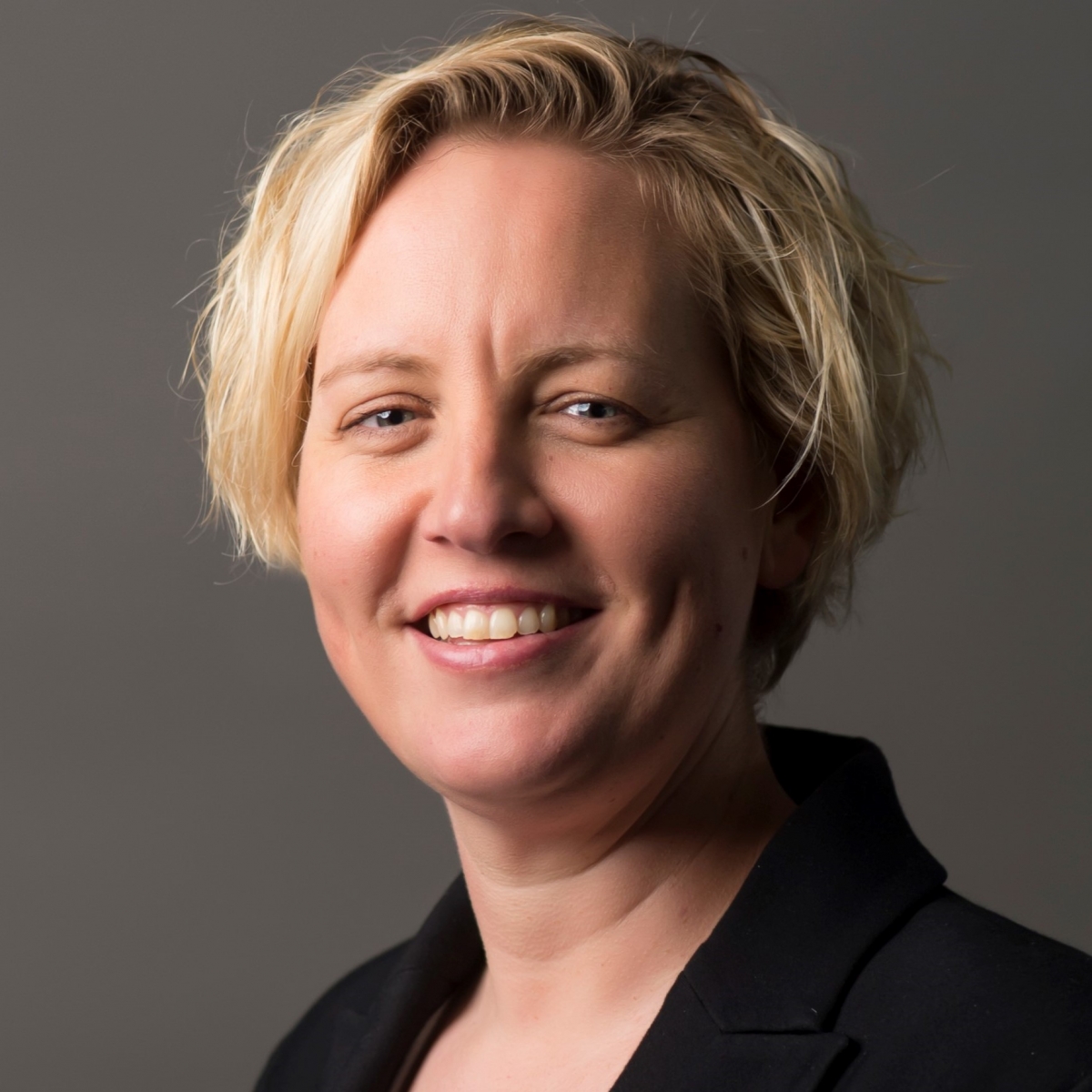 Lisa Gooding
Lisa Gooding
Yallourn Transition Leader
EnergyAustralia
- Building a workable plan to achieve net zero emissions in the high emissions sector
- Importance of collaboration and engagement between stakeholders
- Defining the incentives that will make investing in low emission processes/technology worthwhile
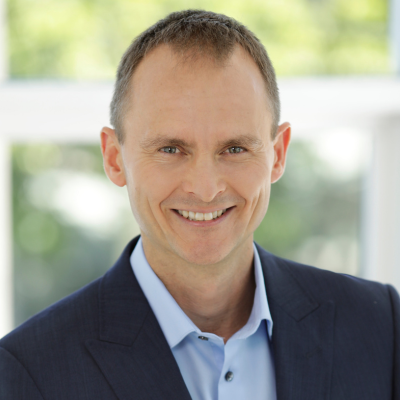 Simon Prebble
Simon Prebble
Manager, Electric Mine Consortium
State of Play
- An overview of how Origin Energy is delivering on their 2030 targets
- Moving from assessment to action – how Origin is partnering with large businesses to establish a clear pathway to reduce operating costs, unlock new revenue streams and improve energy efficiency
- Achieving sustainability goals with demonstrable value for money
 Liam McWhirter
Liam McWhirter
General Manager, Business Development & Advisory
Origin Zero
- How do we ensure that older/ less ‘sexy’ advances and technologies (eg recycling or heat pumps) remain part of the decarbonisation toolkit?
- Where are the information resources to figure out which ones to use?
- How should energy efficiency technologies be implemented and maintained so that they continue to work?
Moderator:
 Rebecca Irwin
Rebecca Irwin
Sustainability consultant
Panellists:
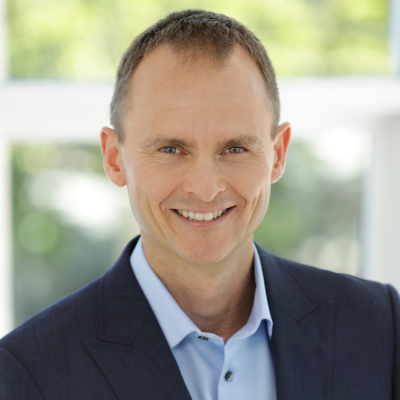 Simon Prebble
Simon Prebble
Manager, Electric Mine Consortium
State of Play
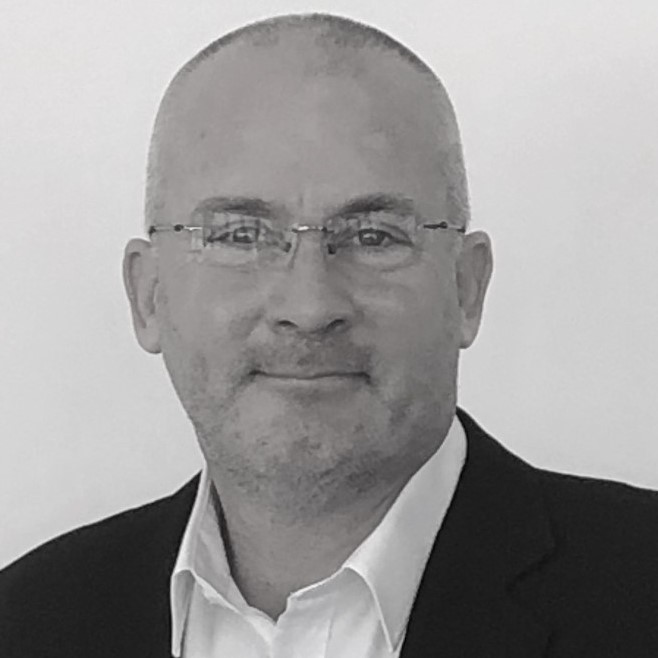 Ian Pearse
Ian Pearse
Energy & Digital Services Manager
Ellis Air
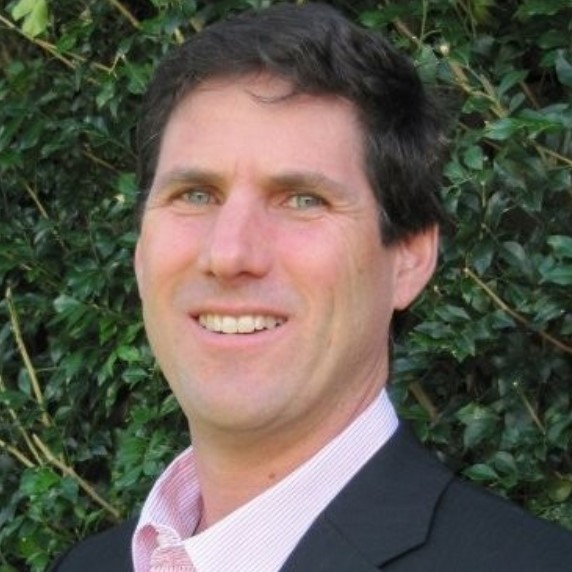 Peter Haenke
Peter Haenke
Investment Manager
Australian Renewable Energy Agency (ARENA)
 Holly Taylor
Holly Taylor
Head of Strategy and Partnerships
Energy Efficiency Council
Claire's Kitchen at Le Salon, 35 Oxford St, Surry Hills
Take the opportunity to relax and enjoy dinner at a traditional French brasserie with authentic cuisine and wines. $225pp, bookings essential.
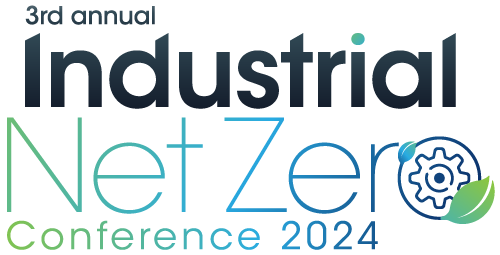

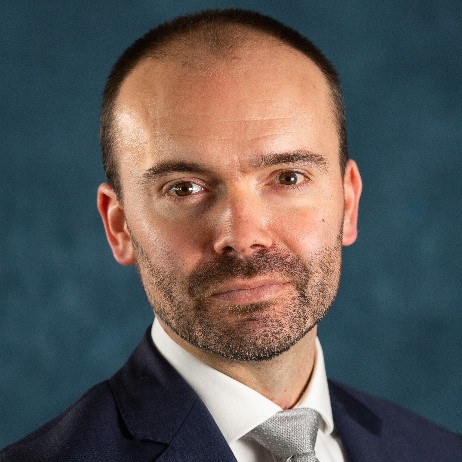 Ben Eade
Ben Eade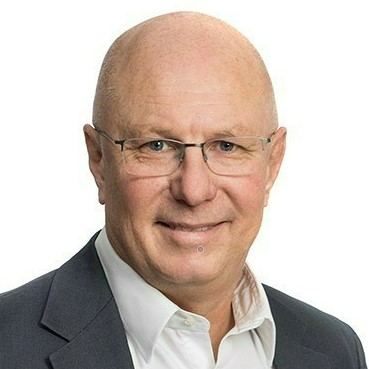 Sam Pearce
Sam Pearce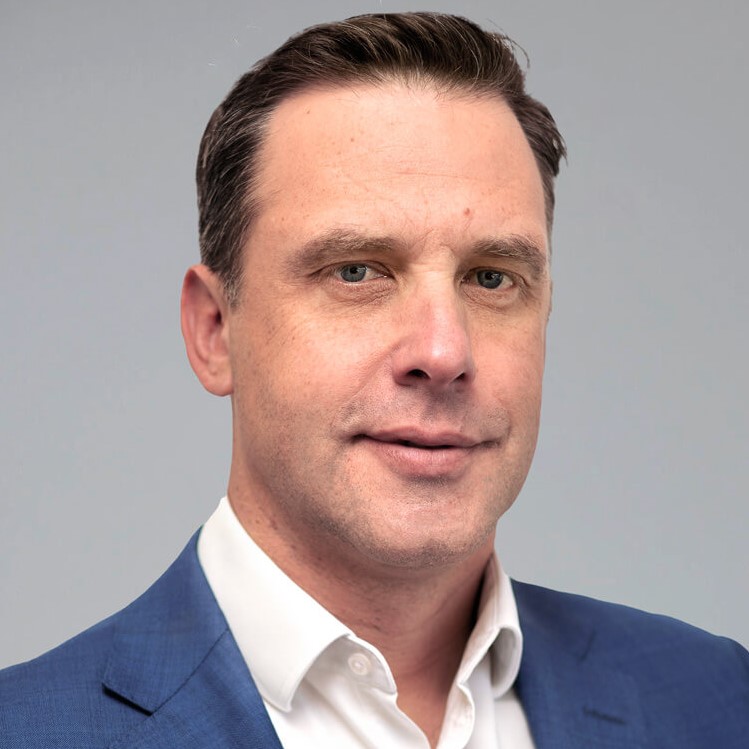 Michael Davis
Michael Davis